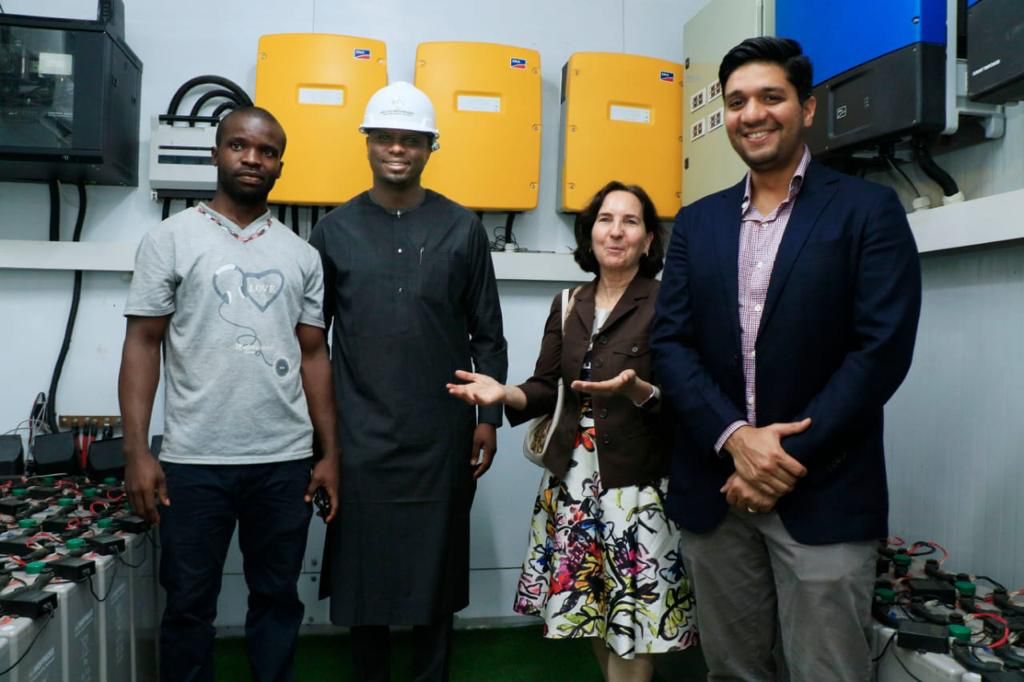World Bank plans additional $750m grant for Nigeria
The World Bank has disclosed plans to support the Nigerian Electrification Project (NEP) with an additional $750 million. Ms Elizabeth Huybens, World Bank’s Director of Strategy and Operations for the Western/Central African Region, disclosed this shortly after inspecting a 60kw solar-powered mini-grid in Kilankwa II, a settlement in Kwali Area Council of the FCT. Daily […]

The World Bank has disclosed plans to support the Nigerian Electrification Project (NEP) with an additional $750 million.
Ms Elizabeth Huybens, World Bank’s Director of Strategy and Operations for the Western/Central African Region, disclosed this shortly after inspecting a 60kw solar-powered mini-grid in Kilankwa II, a settlement in Kwali Area Council of the FCT.
Daily Trust reports that the initial $350m grant expires in August 2023.
NEP, which is administered by the Rural Electrification Agency (REA) and funded by the World Bank, is a nationwide initiative aimed at delivering energy access to underserved communities.
- NIGERIA DAILY: The Traditions Associated With Eid-el Adha
- Nigeria at high risk of anthrax outbreak – NCDC
Huybens said that access to electricity was a priority goal for the bank as it was one of the fastest routes to eradicating poverty.
She noted that: “It is hard for me to think about modern life without electricity. It is also hard to think about reducing poverty without access to electricity. And since the World Bank’s overarching goal is to help countries eradicate poverty, we need to help countries provide access to electricity to their populations.
“The $350 million grant is coming to a close. We are preparing a successor project that will be $750 million. So, we are expanding our support to something that we think is really critical which, Nigeria is leading the world with this sort of small grant development.”
The Managing Director/Chief Executive Officer of REA, Engr Ahmad Salihijo Ahmad, said energy-efficient equipment would be connected to the mini-grid for more productive use.
“The 60kw capacity project is serving about 300 connections, and it’s been operational for some time now, so we’re privileged to have come here today with the director of the World Bank task team to see how it’s performing. We’re still looking for more productive use, ensuring that we have energy-efficient equipment connected to the mini-grid,” Ahmad said.
